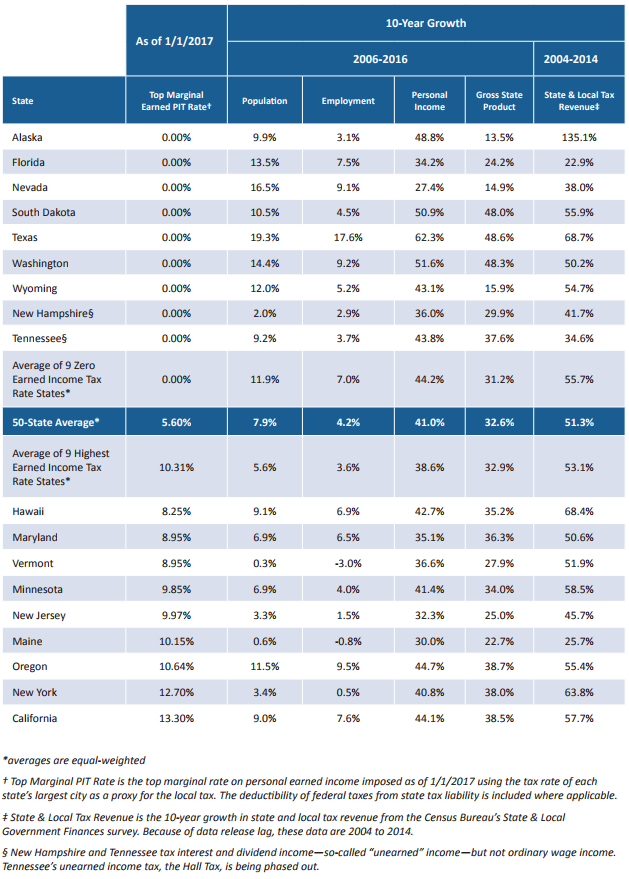|
The result of taxing something is that you will get less of it. That's simple, correct? But the details of how to best collect taxpayer dollars to fund limited roles for government gets complicated. I try to break this down simply at the video above.
According to the Texas Comptroller, property taxes and sales taxes are both regressive. Any time you have a flat tax rate, higher income people will pay a lower share of their income on taxes than lower income people. But the costs of property taxes are substantial, with businesses and individuals each paying about half for school M&O property taxes. Sales taxes, on the other hand, allow people the freedom to decide how to spend their money, don not have to tax real estate (capital formation and accumulation--keys to wealth of nations), and are transparent. Individuals pay about 60% of sales taxes collected while businesses submit about 40%, but we know that businesses don't ultimately pay taxes because they just pass those costs along to consumers (us) in the form of higher prices, lower wages, and fewer jobs available over time. As noted in Episode 8, I have long supported the elimination of property taxes in Texas. There are multiple ways to do so by possibly swapping them (sales tax rates are lower now because of expanded economic growth since these rates were calculated) with a reformed sales tax and/or buying them down over time. The key is to limit government spending so that the burden of government can be reduced. We know that sin taxes (e.g. carbon tax or cigarette tax) or tariffs are poor forms of taxation. Income taxes are also a terrible form of taxation. Check out the table below that provides information for the 9 states without a personal income tax and the 9 states with the highest personal income tax rates. Those states without a personal income tax blow the others out of the water regarding multiple economic indicators. Of course, the key is limiting spending. Let's move to a tax system with just a sales tax for more economic prosperity.
0 Comments
Leave a Reply. |
Vance Ginn, Ph.D.
|


 RSS Feed
RSS Feed